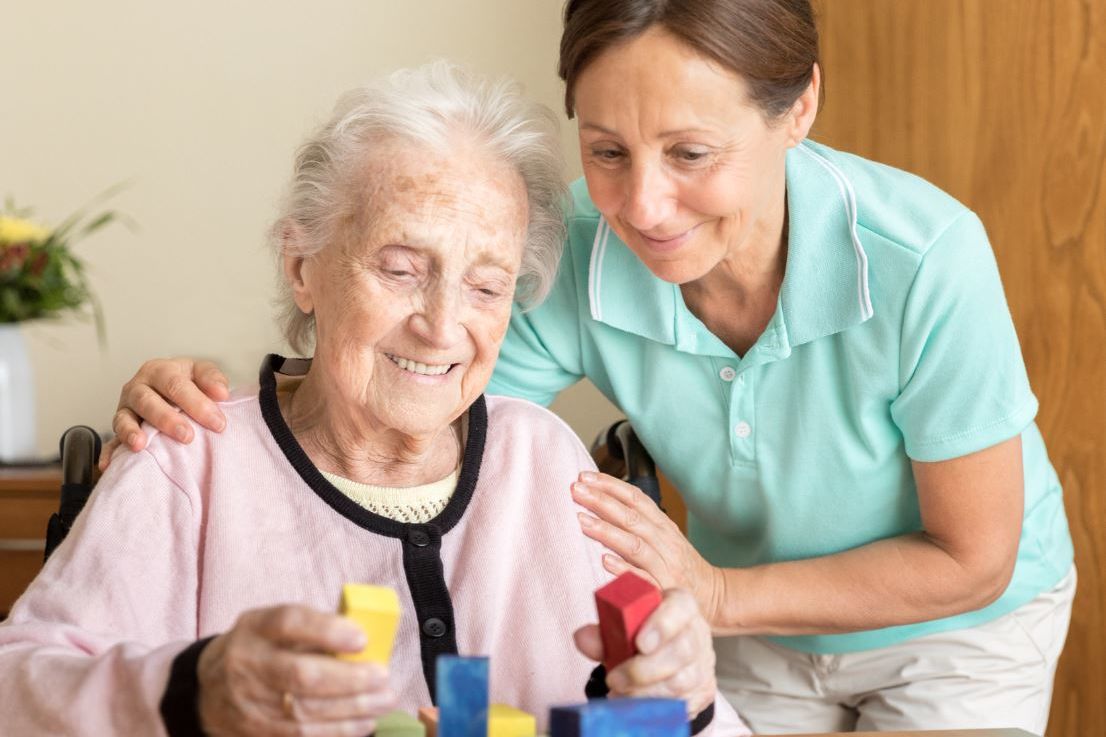Dementia action plan focuses on doctors
A roadmap designed to improve patients’ quality of life has prevention and education as key objectives.

The important role of GPs as the first point of contact when people present with dementia-related concerns has been recognised in a new national dementia action plan.
Initial dementia consultations comprise about 1.6% of general practice encounters. The plan recommends doctors be supported, better trained, and have ongoing upskilling in diagnosis and care to meet the expected dramatic increase in dementia cases.
It is estimated that more than 421,000 Australians are currently living with dementia. Without a medical breakthrough, that number is projected to more than double by 2054.
“As no two people living with dementia present in the same way, GPs may not pick up early signs and symptoms within a short consultation timeframe,” the plan states. “Symptoms can often be mistaken for other conditions.”
The Department of Health and Age Care National Dementia Action Plan 2024-34 outlines that while most GPs have a long-standing relationship with patients and their family, they “may feel unsupported to have conversations about early signs of dementia”.
The plan adds that there is not always a clear pathway for GPs to screen patients to see the benefits of early intervention activities.
A recent international Alzheimer’s disease report revealed the “vast majority” of the public and healthcare workers believe dementia is part of normal ageing.
The Action Plan, which seeks to improve the lives and care of people living with dementia in Australia over the next 10 years, has eight key actions:
Promote equity and human rights.
Tackle stigma, improve awareness, and promote inclusivity.
Empower individuals and communities to minimise risk where they can, and delay onset and progression.
Improve dementia diagnosis and post-diagnostic care and support.
Improve treatment, coordination, and support for people living with dementia.
Support carers of people living with dementia.
Build capability of the workforce to care for and support people living with dementia.
Improve dementia data, maximise the impact of dementia research, and promote innovation.
The plan also notes there is a lack of healthcare professionals who receive the support to provide care to people with dementia and medical students often graduate with ‘a poor knowledge and understanding’ of dementia, so training GPs in dementia care ‘needs to start at university’.
The plan is an easy-to-read document that contains practical objectives, with timelines, of what stakeholders in dementia care, including patients and families, can expect from the plan as it is implemented.
The Action Plan is a shared plan between the Australian, state, and territory governments, and will be implemented through a series of implementation plans.
The first will be released this year and target areas that stakeholders have identified as immediate needs.
The National Centre for Monitoring Dementia, at the Australian Institute of Health and Welfare, will collect data and monitor progress against the Action Plan. The centre will publish and maintain a web-based Action Plan Dashboard, which will be updated each year to report on the measures of progress.
The Australian Institute of Health and Welfare has also released two accompanying documents:
National Dementia Data Improvement Plan 2023–34 outlining activities to improve data over the next 10 years to monitor dementia and provide an evidence base for effective policy development, service provision and planning.
National Dementia Action Plan indicators dashboard presenting indicators tracked over the 10 years to ensure objectives are being met, with data updated when necessary to assess if indicators are improving over time.
One of the eight actions from the plan is to build capability of the dementia workforce – with the dashboard’s 10-year outlook being that primary care, community, disability, and aged care workforces receive necessary training and support to provide “high-quality, person-centred” care to people living with dementia, their families and carers.
Dr Marita Long, a GP with a special interest in dementia, knows firsthand GPs’ crucial role in all aspects of the condition – from prevention, diagnosis and post-diagnostic care, to supporting carers.
“Many people living with dementia remain undiagnosed for a range of reasons,” Dr Long told the RACGP member newsletter, newsGP.
“We know we can reduce the risk of developing dementia or at least delay onset for nearly 50% of cases globally.”
While Dr Long said the action plan is “very welcome”.
“Teaching that dementia is a chronic disease is really important, and that the time to be talking and thinking about this is from early life, all the way through to later life,” she said.
“[We also need to] support GPs and other primary care professionals to do clinical research in this space to explore and evaluate interventions for risk reduction.”
Related reading: Health Department, Inside Ageing





